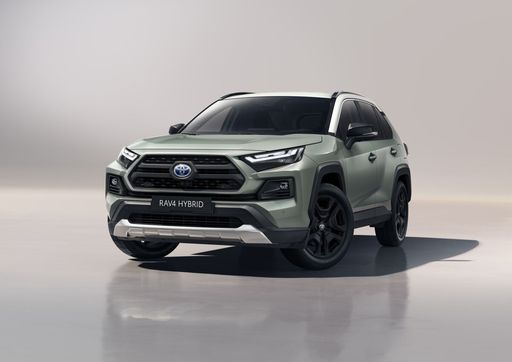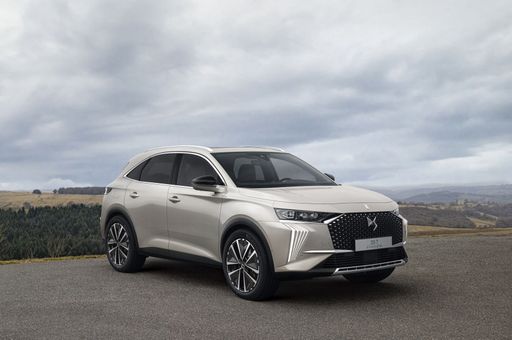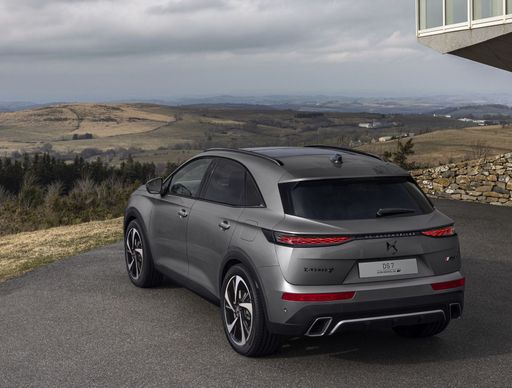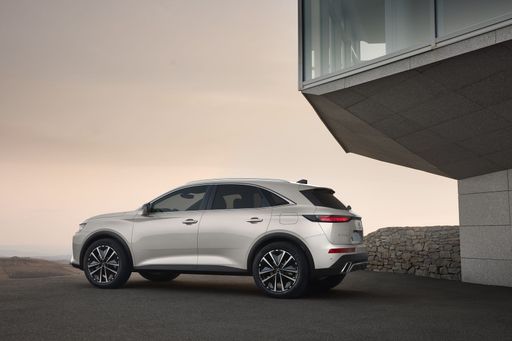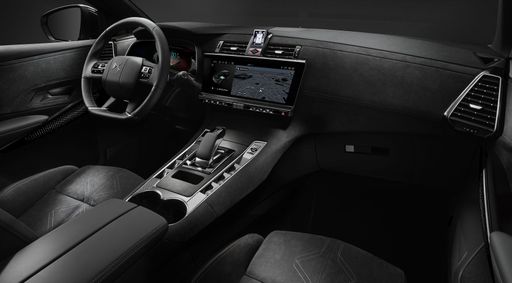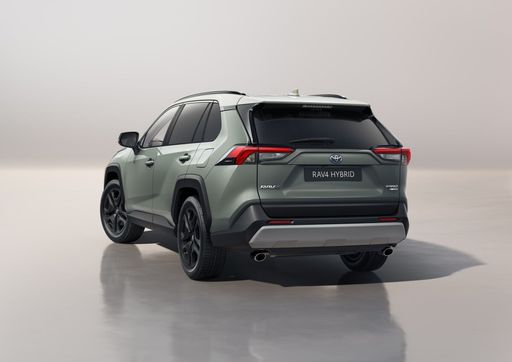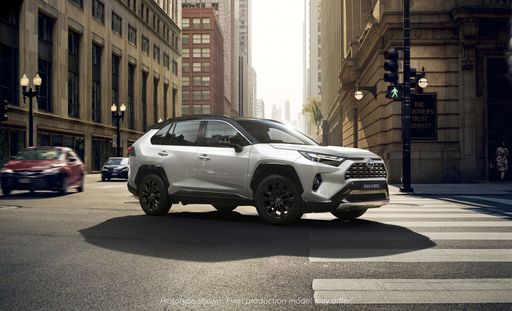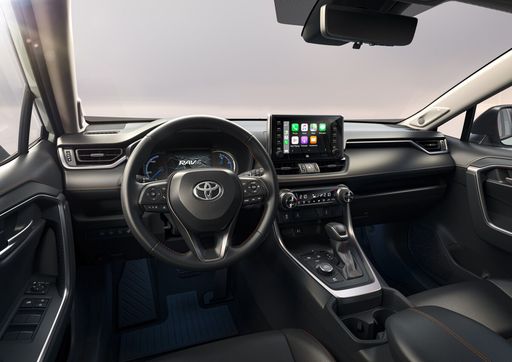Introduction: The SUV Showdown
In the modern automotive landscape, the battle between luxury and utility is often exemplified by two prominent contenders: the DS Automobiles DS 7 Crossback and the Toyota RAV4. Both SUVs are equipped with advanced technologies, stylish designs, and powerful performances, making them top choices for versatile driving experiences. In this comparison, we delve into the technical specifications, innovations, and unique features of each model to help you make an informed decision.

